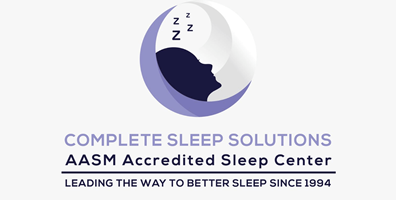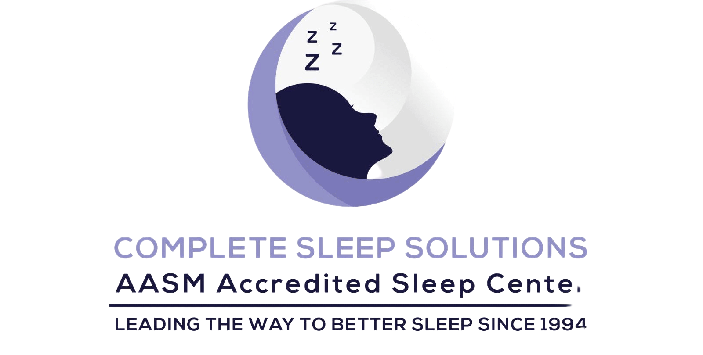
Delayed sleep phase syndrome (DSPS)
If you stay up extremely late, say until 2 a.m. to 4 a.m., and then sleep all morning and get up around noon, you may suffer from DSPS. This condition can cause daytime sleepiness and impaired performance at work or school. DSPS is very common in teenagers, young adults and college students.
Overview
Delayed sleep phase syndrome (DSPS) is a disorder in which a person’s sleep is delayed by 2 or more hours beyond the socially acceptable or conventional bedtime. This delay in falling asleep causes difficulty in waking up at the desired time. As an example, rather than falling asleep at 10:00 p.m. and waking at 6:30 a.m., an adolescent with DSPS will fall asleep well after midnight and have great difficulty getting up in time for school.
Most children and adolescents with DSPS describe themselves as "night owls" and say they function best or are most alert during the evening or night hours. If they were to keep a sleep log it would show short sleep periods during the school/work week (with few or no awakenings during the night) and lengthy sleep-ins (late morning to mid afternoon wake up times) on the weekend.
What causes delayed sleep phase syndrome (DSPS)?
The exact cause of this disorder is not completely known. However, approximately 7% to 16% of adolescents have DSPS, making it a common disorder. Scientists think DSPS may be an exaggerated reaction to the normal shift in the internal clocks that is seen in adolescents after puberty. It is important to understand that this is not deliberate behavior, but that certain habits can make this condition worse. DSPS most commonly occurs during adolescence, but cases have been reported during childhood.
What are the signs and symptoms of DSPS?
Symptoms of DSPS include:
- Inability to fall asleep at the desired time. This usually presents as insomnia complaints. It may be exacerbated by the social pressures teenagers feel to stay up late (homework, internet or cell phone use).
- Inability to wake up at the desired time and excessive daytime sleepiness. Usually this is the most common complaint because it is more readily evident to parents than the nighttime insomnia. Because of the delay in falling asleep and yet still needing to get up at the required time for work or school, children or adolescents with DSPS often experience excessive daytime drowsiness as a result of not getting enough sleep (most evident on weekdays). The delayed rhythm is coupled with a delay in the cycle of the night hormone melatonin, which lingers in the morning and makes it harder to wake up.
- Generally no other sleep problems. If uncomplicated by other sleep disorders, children and adolescents with DSPS sleep well through the night with few or no awakenings once they fall asleep. They simply suffer from a shift in their internal clock or sleep-wake cycle – pushing it later by 2 or more hours. Sleep maintenance is not an issue. When allowed freedom to keep their delayed bed and wake times, they wake up without help, refreshed and without any problems with sleepiness.
- Depression and behavior problems. Children and adolescents with DSPS may experience depression and other psychiatric problems including behavioral problems as a result of daytime drowsiness and missing school. Daytime drowsiness can also lead to lowered academic performance from missed school days or tardiness and inattention. Dependency on caffeine, sedatives or alcohol may also be seen.

